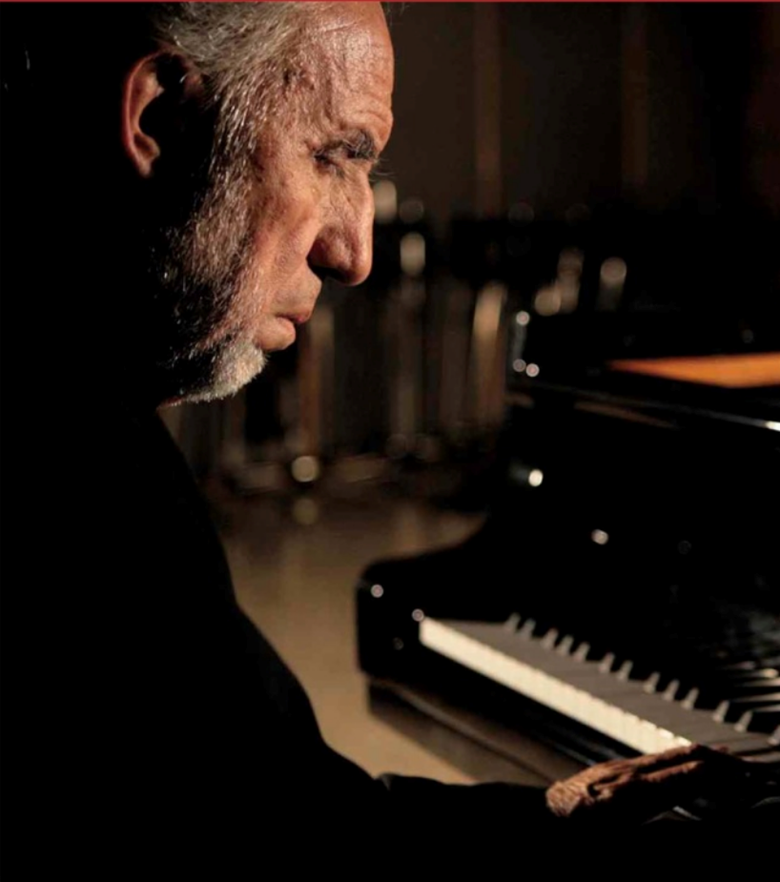Jacques Loussier's diary: 'when jazz and classical music come together a new kind of energy is created'
Gramophone
Thursday, March 7, 2019
The ground breaking pianist on bridging the gap between jazz and classical music 50 years ago - and today

Register now to continue reading
Thanks for exploring the Gramophone website. Sign up for a free account today to enjoy the following benefits:
- Free access to 3 subscriber-only articles per month
- Unlimited access to our news, podcasts and awards pages
- Free weekly email newsletter








